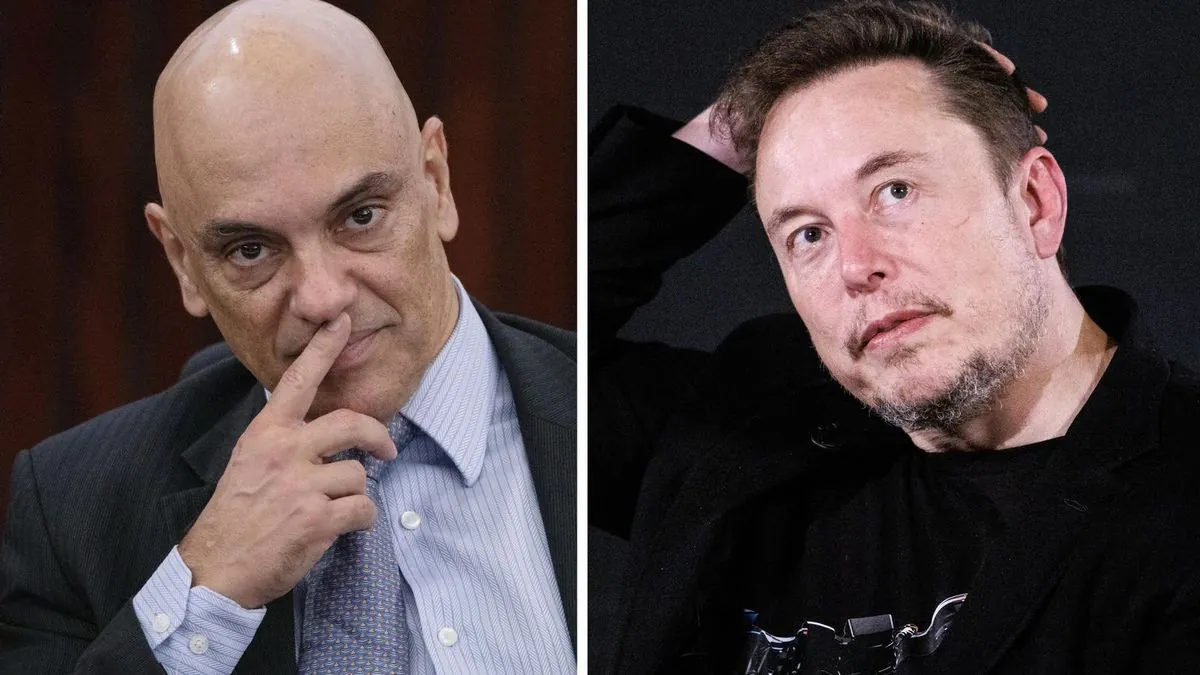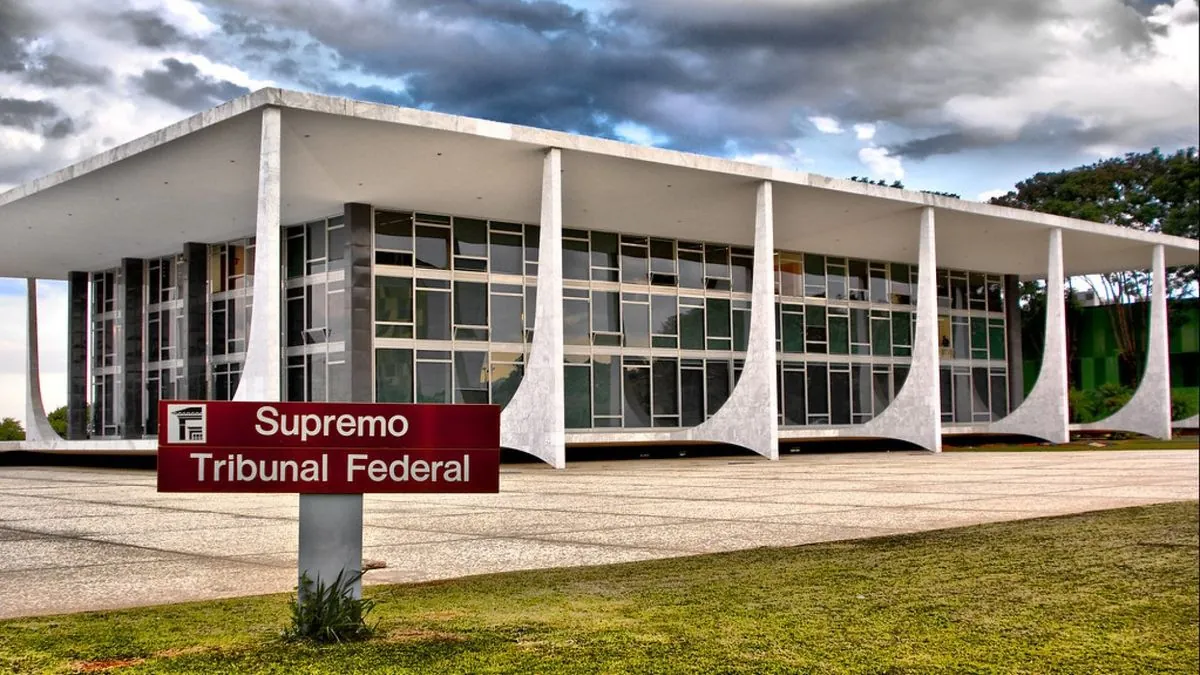X Yields to Brazilian Court, Ending Weeks-Long Standoff
Social network X complies with Brazilian court orders after suspension. Elon Musk backs down in clash with Justice Moraes over free speech and misinformation concerns.

In a significant development, social network X, formerly known as Twitter, has taken steps to comply with demands issued by the Brazilian Supreme Court, potentially ending a weeks-long impasse that had resulted in the platform's suspension in one of its largest markets. This move marks a notable shift in the ongoing conflict between Elon Musk, the platform's owner, and Justice Alexandre de Moraes, who had ordered the suspension.
The standoff, which began in August 2023, highlighted the tension between free speech advocacy and efforts to combat misinformation. Elon Musk, who acquired the platform for $44 billion in October 2022, has positioned himself as a champion of unrestricted expression. In contrast, Justice de Moraes has been at the forefront of Brazil's fight against online misinformation, particularly content that could potentially undermine the country's democratic institutions.
Brazil, with its population exceeding 200 million and one of the highest social media penetration rates globally, represents a crucial market for X. The platform's suspension on August 30, 2023, came after Musk's repeated refusal to comply with court orders to block certain accounts accused of spreading misinformation.

In response to the court's demands, X has now named a legal representative in Brazil and begun blocking the accounts in question. The company has also paid off a significant portion of the fines imposed during the dispute. This compliance comes after a failed attempt to circumvent the suspension using third-party security firm Cloudflare, which resulted in additional fines.
The resolution of this conflict underscores the complex interplay between global tech platforms and national sovereignty. Brazil, which established its first internet connection in 1991 and enacted the Internet Bill of Rights (Marco Civil da Internet) in 2014, has been at the forefront of regulating online content. The Brazilian judiciary, particularly the Supreme Court with its 11 justices, has played an active role in this domain.
"X didn't back down because of reason, but because it bowed to pressure. The suspension of the platform, while necessary to assure the sovereignty of the country, should not go on for too long."
This episode also highlights the ongoing global debate about the limits of free speech in the digital age. While Brazil's constitution guarantees freedom of expression, the country has been grappling with the challenge of balancing this right with the need to combat the spread of misinformation, especially in the context of its recent 2022 presidential election.
As X takes steps to resume operations in Brazil, the outcome of this standoff may set a precedent for how global tech platforms interact with national legal systems. It remains to be seen how this resolution will impact the broader discourse on free speech, misinformation, and the role of social media in democratic societies.


































